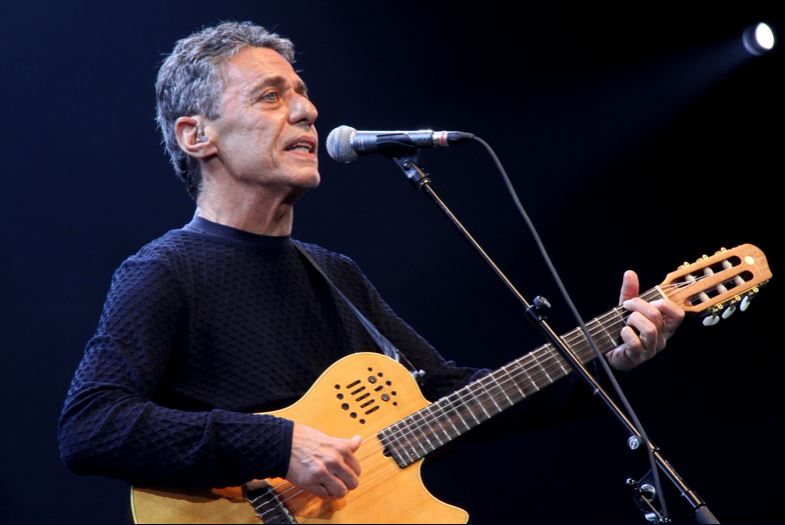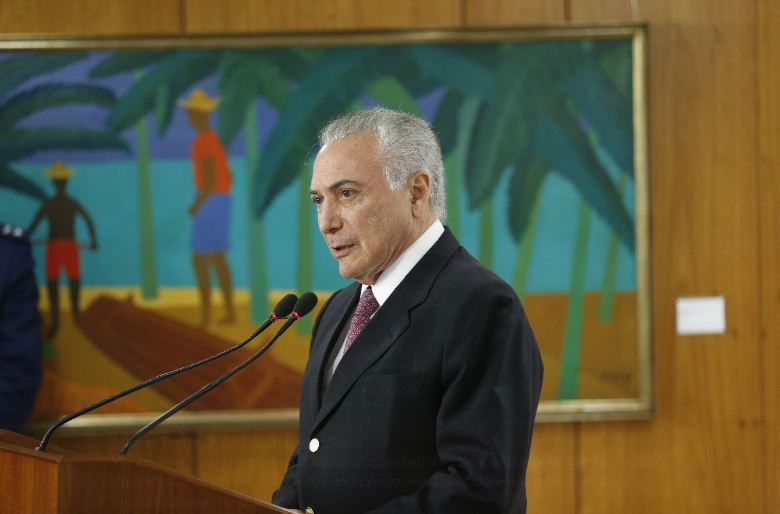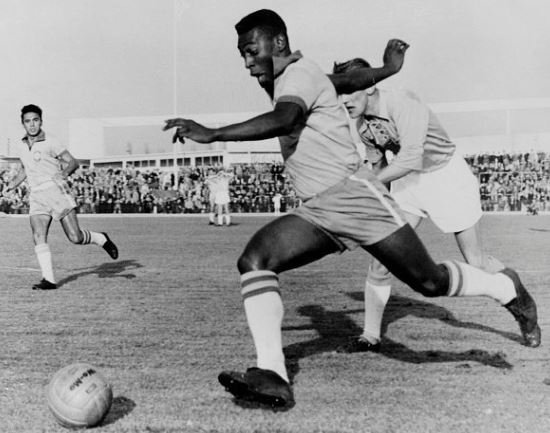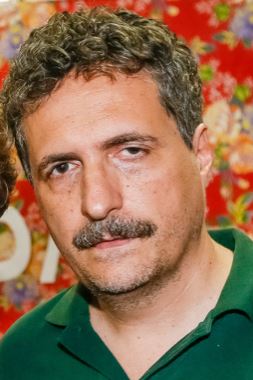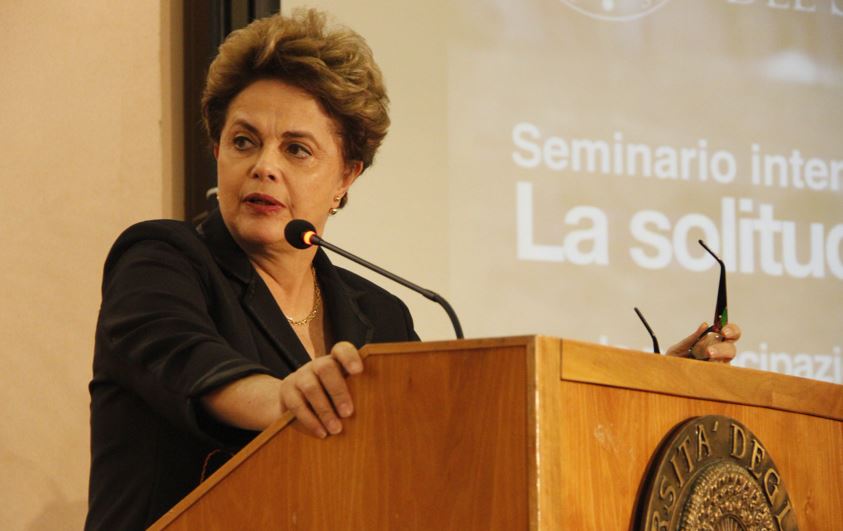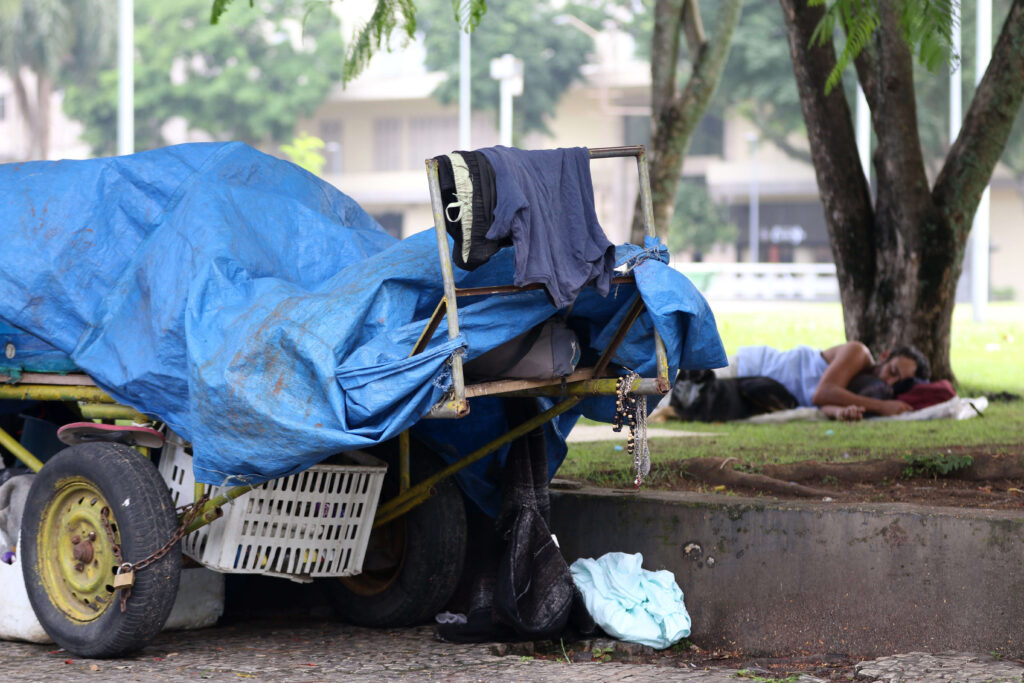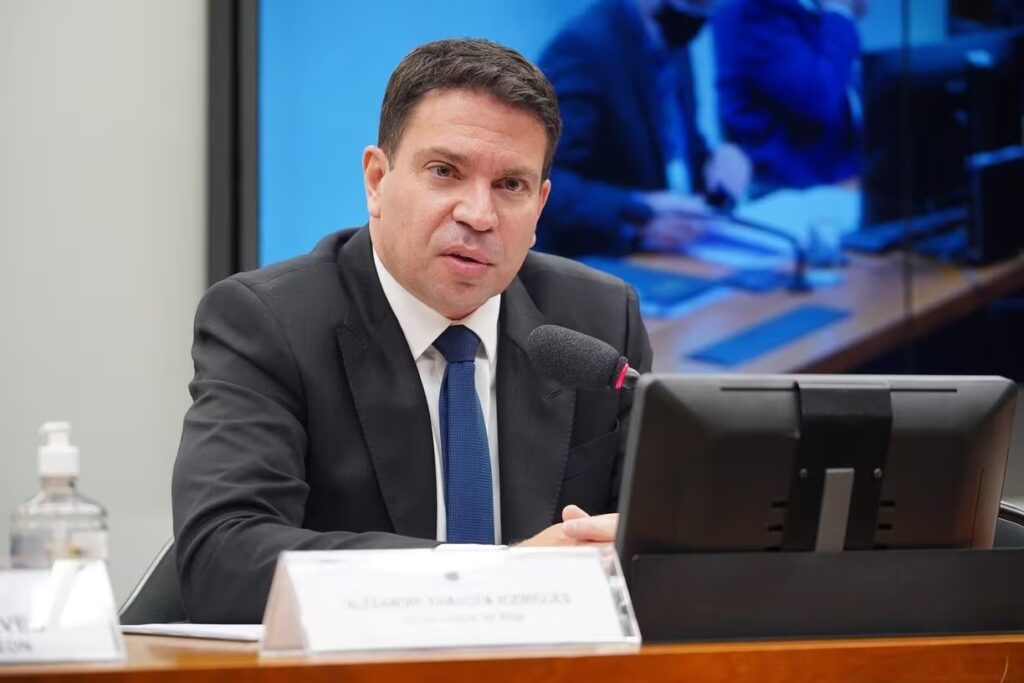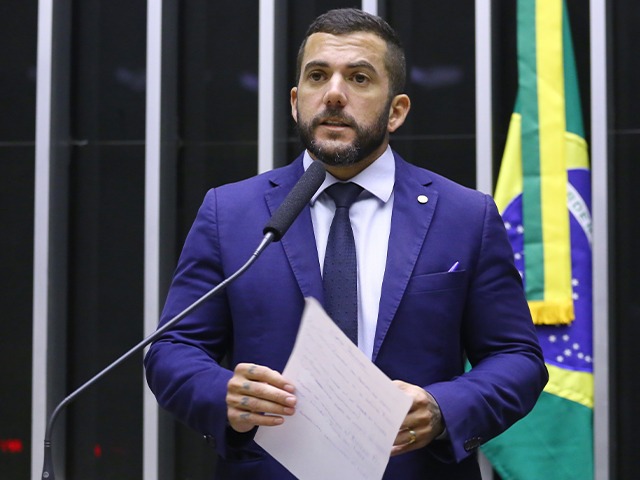Chico Buarque is firmly identified as one of the first stars of popular Brazilian music and a much-loved musician across the country.
Now in his seventies, he rose to stardom through a production of hits ranging from Bossa Nova, MPB (música popular brasileira) and Samba. His musical style has undertones of warm, lyrical jazz and alongside his songwriting, he was also a writer and remains a popular figure within Brazil.
Buarque was born into a prominent family in 1944 and spent his youth between Brazil and Europe before embarking on studies in Architecture at the University of São Paulo. Throughout this time, the singer developed a love for the styles of João Gilberto, and the bossa nova seed was planted.
His musical debut came in 1964 and, by the age of 21, his musical career had began to flourish after bossa nova star Nara Leao recorded three of Buarque’s compositions. Throughout his early career, despite continuing to grow in popularity, his musical style was also met with criticism from other musicians who saw his songs as too conservative.
Public opinion of him took a political turn when, in 1968, he produced a script for an existential theatre production named Roda Viva. The radical play, which focused on the issue of fame and fandom and saw the protagonist ripped to pieces and fed to the audience, in a potent critique of obsession and the battle between a star and his following.
At the same time, Brazil’s political climate was plagued by an authoritarian military dictatorship which was viewed by many as repressive, nationalistic and faced strong critics, that would be subject to torture, disappearances and restricted freedom of speech.
So far, the musician had been able to avoid the censorship of his songs by changing the lyrics and using wordplay to conceal the true meaning of his music. However, amidst a tumultuous political climate, Buarque’s script was highlighted for its political discourse and as a result, soldiers were ordered to destroy the set and cause disruption of the performances before Buarque was jailed himself.
He was now a composer, a lyricist, a political activist, vocal critic of the Brazilian government and a playwright. In short, a contemporary artist.
Having fled to Italy for the space of a year, the musician returned to a Brazilian climate where the majority of fellow artists and prominent faces had been subject to censorship and exile. As a result, his new music possessed a greater political intensity and stronger elements of social protest which were, more often than not, rejected by political censors. According to one biography, the severity of political silencing was so potent that between 1974 and 1975, virtually none of his songs were approved.
The military government began to shift towards democracy under the control of President João Figueiredo, and the political turmoil is considered to have come to an end when José Sarney became president in 1985. However, throughout the oppressive period, Buarque had firmly positioned himself as a voice for Brazil’s creative sphere and military dissidents, as well as exposing the military control exerted over theatre.
What followed, was the musician’s freedom to tour, and release of a plethora of highly-regarded songs that secured his spot as one of Brazil’s most popular singers. As well as a lyricist, he continued to write scripts and novels and was shortlisted for the São Paulo Prize for Literature in 2010, after which followed his first full-length novel Leite Derramado (2011). His top works within music at this time were also considered to be Carioca (released in 2006) and Para Todos (1993).
Though it has been suggested that he somewhat struggled with his heightened popularity, Chico Buarque remains a popular figure in Brazilian culture, both for his vocal political messages and for his wonderful approach to bossa nova and samba.


